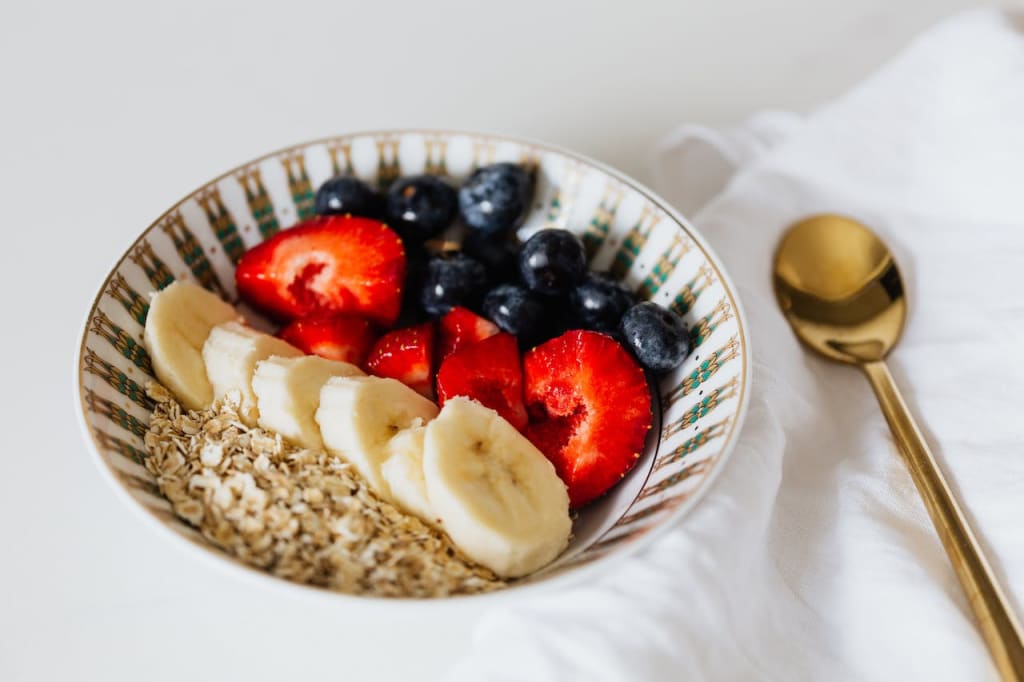Reasons Why You Are Not Losing Weight Even In A Calorie Deficit
Why You Are Not Losing Weight Even In A Calorie Deficit

In the pursuit of shedding excess pounds, many individuals adopt a calorie deficit strategy, believing it to be a foolproof method for weight loss. However, frustration can set in when the scale refuses to budge despite adhering to a reduced calorie intake. If you find yourself in this predicament, here are five potential reasons why your weight loss journey may have hit a roadblock, along with two bonus considerations.
Underestimating Caloric Intake
One common pitfall is underestimating the number of calories consumed. Even when diligently tracking meals, it's easy to overlook the hidden calories in condiments, cooking oils, or snacks. To overcome this hurdle, consider using a food scale and meticulously reading nutritional labels. Precision is key, and accurately accounting for every calorie can make a significant difference.
Additionally, mindful eating practices, such as savoring each bite and avoiding distractions, can enhance your awareness of portion sizes and help prevent unintentional overeating. Cultivating a habit of conscious eating complements meticulous calorie tracking, fostering a more comprehensive approach to weight management.
Inconsistency in Tracking
Maintaining a consistent calorie deficit requires consistent tracking. Slip-ups and inconsistencies, such as skipping tracking on weekends or special occasions, can hinder progress. Be meticulous in recording every morsel that enters your mouth, including those occasional treats. Consistency is the cornerstone of successful weight loss.
Lack of Physical Activity
Weight loss isn't solely about calorie restriction; incorporating physical activity is crucial. If you've hit a plateau, it might be time to reassess your exercise routine. Introducing a mix of cardiovascular exercises and strength training can rev up your metabolism, helping you burn more calories. Aim for at least 150 minutes of moderate-intensity exercise per week, and don't forget the importance of building muscle to boost your basal metabolic rate.
Moreover, varying your exercise routine not only prevents monotony but challenges different muscle groups, fostering overall fitness. Remember, consistency is key; gradual increases in intensity and duration will contribute to sustained progress on your weight loss journey.
Stress and Sleep Deprivation
Both stress and inadequate sleep can wreak havoc on your weight loss goals. Elevated stress levels trigger the release of cortisol, a hormone that promotes fat storage, particularly around the abdominal area. Additionally, insufficient sleep disrupts the body's natural balance of hunger hormones, leading to increased cravings for high-calorie foods. Prioritize stress management techniques and ensure you are getting 7-9 hours of quality sleep each night.
And also, aim to spend more time doing things that you love and relax you. Fan of writing? Read or write stories whenever you have the time to take the edge off. Your weight will thank you.
Medical Conditions and Medications
Certain medical conditions, such as hypothyroidism or polycystic ovary syndrome (PCOS), can impact weight loss efforts. Similarly, some medications may cause weight gain or hinder weight loss. If you've ruled out the common pitfalls and are still struggling, consult with a healthcare professional to investigate underlying medical issues. They can provide valuable insights and tailor a weight loss plan to suit your specific needs.
Bonus Considerations:
Hydration Levels
Adequate hydration is often underestimated in its impact on weight loss. Drinking enough water is essential for various bodily functions, including metabolism. Dehydration can slow down your metabolism and make weight loss more challenging. Aim to consume at least eight glasses (64 ounces) of water daily and more if you're physically active.
Additionally, staying well-hydrated can promote a sense of fullness, reducing the likelihood of overeating. Consider incorporating water-rich foods like fruits and vegetables into your diet as an extra hydrating boost to support your weight loss efforts.
Overreliance on Processed Foods
While staying within a calorie deficit is crucial, the quality of calories matters too. Relying heavily on processed and refined foods, even if they fit within your calorie goals, can hinder weight loss. These foods often lack essential nutrients and can leave you feeling unsatisfied, leading to increased cravings. Opt for whole, nutrient-dense foods to support your weight loss journey.
In some cases, individuals may explore alternative options for weight loss, such as weight loss surgery. Weight loss surgery, also known as bariatric surgery, is a medical intervention that can be considered when other methods have proven ineffective. It's essential to consult with healthcare professionals to determine if weight loss surgery is a viable option based on individual health conditions and goals.
In conclusion, breaking through a weight loss plateau requires a comprehensive approach that goes beyond just counting calories. By addressing potential pitfalls, staying consistent, and considering bonus factors like hydration and food quality, you can reignite your weight loss journey and achieve your desired goals.






Comments
There are no comments for this story
Be the first to respond and start the conversation.